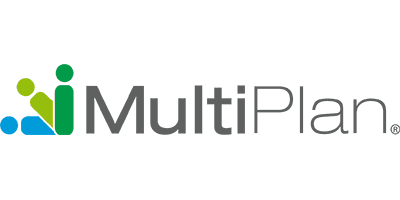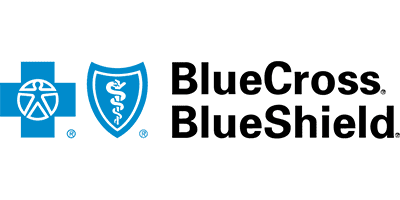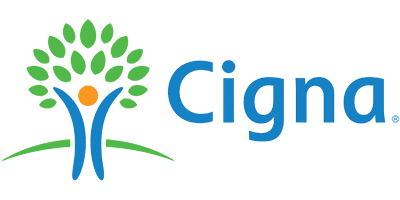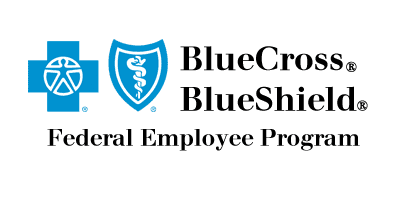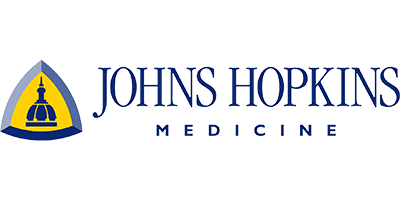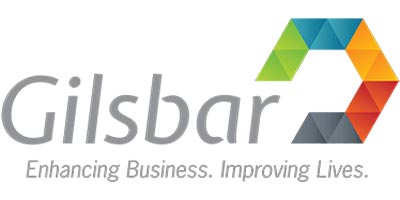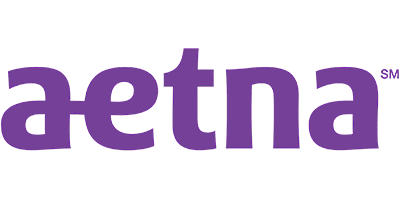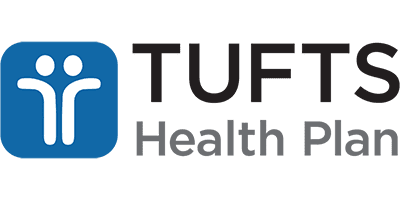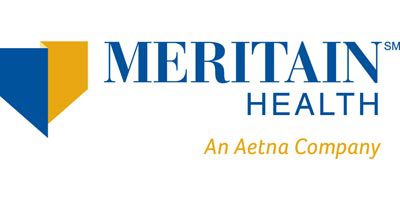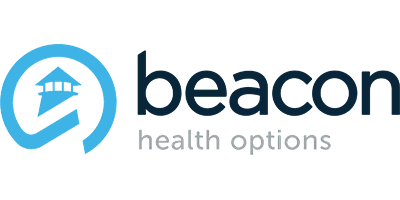Outpatient Addiction Treatment In California
If you or someone close to you is struggling with addiction, you might wonder how an outpatient rehab program works and whether it’s a good fit. Understanding the differences between PHP, IOP, and outpatient drug rehab programs and their roles in recovery can help you decide which level of care is best for your circumstances.
OutpatientLA is a California outpatient drug and alcohol rehab center. We can help you choose the right outpatient program today. Contact our team to learn more.
How Does Outpatient Rehab Work?
Outpatient rehab comes in three main forms, and they each work together to form a step-down approach to treatment. The step-down approach is where you start with the level of care that has the supervision you need, and as you complete that program, you step down into the next level of care with slightly less supervision and fewer requirements.
Partial hospitalization programs are the highest level of outpatient care. It is a full-time commitment without the requirement that you live at the treatment center. It is also a shorter program compared to residential drug rehab, so you can fit your care into just a couple of weeks instead of a couple of months.
This makes it a much more viable option for people who only have a small amount of vacation time or time off in between semesters that they can use to dedicate solely to recovery.
Hours per week:
- Usually part-time, up to twenty hours per week
- Clients come to an outpatient rehab center every day during the week, with sessions before and after lunch, which are provided on-site
Length of program:
- Clients typically meet for two or three weeks
Best for:
- Those who have a few weeks at a time they can take off
- Clients who want to start their program with detox services
- Clients who want something comparable to a residential program in terms of commitment and services
- Those who can provide their own transportation to and from the rehab center
- People with mild to moderate addiction
- Any clients with supportive living environments
Intensive outpatient programs offer the same types of treatment. Secondly, they provide regular access to services over a comparable length of time.
One of the key differences is that, as an outpatient program, you also don’t have to reside at the treatment center when you participate in an intensive outpatient program. Instead, you make arrangements to participate in a structured schedule of individual and group therapy sessions as well as other holistic care.
Studies indicate that IOP makes up forty-four percent of all the available drug and alcohol rehab programs currently available in America, making it one of the most popular forms of drug rehab.
Hours per week:
- Usually, only ten to fifteen hours per week
- Clients come to an outpatient rehab center a few days per week, usually no more than five hours per day, and no meals are provided on-site
Length of program:
- Clients typically meet for three to four weeks
Best for:
- Those who have a few hours, a few days per week, can take off for several weeks
- Clients who want something comparable to a residential program in terms of commitment and services
- Clients who have already completed a detox program
- Those who can provide their own transportation to and from the outpatient rehab center
- People with mild to moderate addiction
- Any clients with supportive living environments or currently in sober living facilities
Traditional outpatient programs consist almost exclusively of group therapy or support groups. Most people transition into a regular outpatient program after completing a higher level of care, such as intensive outpatient programs or partial hospitalization programs.
Traditional outpatient programs are there to offer continuing support for people who are not yet ready to function without ongoing services but who don’t need supervision or the same commitment as other outpatient programs.
Hours per week:
- Usually, only one or two hours of support groups and other therapy per week
Length of program:
- Usually several months, longer if necessary
Best for:
- Those who have already completed a higher level of treatment and need to transition back to normalcy
- Clients who want some level of support but don’t need supervision or full-time care
- Those who can provide their own transportation to and from their various weekly meetings or sessions
- People in recovery
- Any clients with supportive living environments
Call us today at (855) 612-0037 to learn more about the different levels of outpatient care we provide.
Types of Therapies Offered in Outpatient Rehab
How does outpatient rehab work in terms of therapies and services? Whether you are participating in a PHP, IOP, or traditional outpatient drug rehab program for your recovery, you could expect to participate in a structured schedule of several therapies, including evidence-based and holistic therapy.
The types of therapy integrated into your daily schedule will typically take place at the same time of day and on the same days of the week throughout the duration of your outpatient program. This structured schedule serves as an important step in managing stress and preparing yourself for long-term recovery.
Talk therapy comes in many forms, like traditional psychotherapy or psychiatry, as well as cognitive behavioral therapy. No matter the type in which you participate, the purpose of your sessions will be to:
- Manage things like mental health conditions that may have contributed to addiction in the first place
- Explore deeply rooted causes of your addiction
- Review negative automatic thoughts that hinder your recovery
- Learn successful coping strategies for when you are stressed or triggered
Group therapy is an essential complement to individual talk therapy sessions. With group therapy, you can share your experiences with clients who have gone through similar experiences and overcome similar challenges. With group therapy, you can learn coping strategies, explore addiction more deeply, and expose yourself to things like relapse prevention topics.
Group therapy is equally effective in helping you build a new network of supportive, sober friends with whom you can participate in sober activities long after you complete your outpatient program. This has been shown to effectively reduce the risk of relapse, particularly in the first year after treatment.
Don’t wait to get help. Outpatient Los Angeles can help match you to the right outpatient program today.
Request a 100% Confidential Callback
Still have questions? Request a callback or give us a call today.
- No Obligation When You Call
- All Contact Is Completely Confidential
- Expert and Caring Staff Ready For You
- 5-Star Rated Programming
Why Choose Outpatient Treatment?
How does outpatient rehab work better than other forms of treatment?
For many clients, the biggest benefit to choosing outpatient treatment is the flexibility in terms of scheduling. Very few people are able to take several months off at a time in order to participate in a residential drug rehab program.
However, outpatient treatment provides several levels of care which can be easily fit into any schedule.
How does outpatient rehab work in terms of insurance and costs? Federal law dictates that all insurance companies must provide basic coverage for mental health services, including outpatient drug rehab.
However, not all health insurance companies are required to provide coverage for residential or inpatient programs, so an outpatient program might be the only type of treatment that is Affordable for many clients.
Moreover, the fact that you don’t have to reside at a treatment facility greatly reduces the cost of care by alleviating costs for room and board.
Another key benefit to outpatient care is that you get real-time practice for things like coping strategies. With a residential program, all of the things you learn are hypothetical until you leave the treatment center and practice them in real life.
With outpatient programs, you get to go home at the end of your daily sessions and practice the skills you have learned when managing stress or triggers. Then, when you return for your next set of sessions, you can review the things you have learned and which of those strategies were most effective.
Let us help you find the right level of care. Reach out to our team today to start your recovery.
We Accept Most Insurance Providers
Our programs are compatible with most private insurance providers, and we also offer competitive self-pay rates. Our professional admissions staff will work hard to maximize your insurance benefits so you can focus on your recovery – not your insurance. Verify your benefits now to get started!
